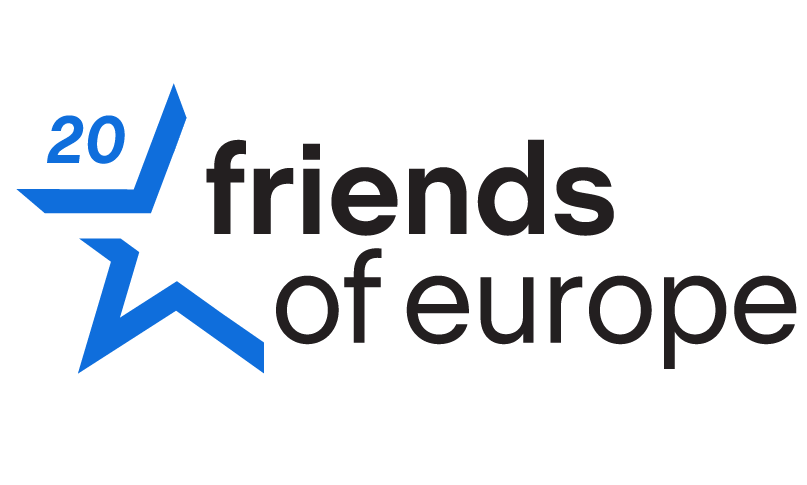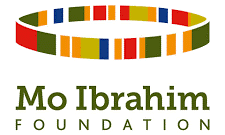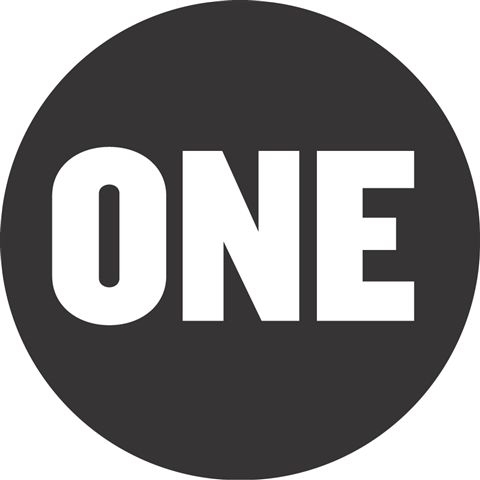Fostering new partnerships through an Africa-Europe Climate Alliance
No two continents and their destinies are more closely linked than Europe and Africa, so they must urgently reinforce partnerships to emerge stronger from today’s pandemic and climate emergency crises. Guided by a green agenda, their efforts should have a strategic focus on sustainable agriculture and energy.
These key conclusions emerged at the fourth meeting of the High-Level Group of Personalities on EU-Africa Relations, held online on 1 July 2020 under the banner ‘Forging an Africa-Europe Climate Alliance’. The meeting was convened by Friends of Europe in partnership with the Mo Ibrahim Foundation and the One Campaign, with participants including Frans Timmermans (Executive Vice-President of the European Commission), Damilola Ogunbiyi (Special Representative of UN Secretary-General for Sustainable Energy for All), Fatih Birol (Executive Director of the International Energy Agency), Jutta Urpilainen (Commissioner for International Partnerships) and Mo Ibrahim (Chairman of the Mo Ibrahim Foundation and Co-Founder of the EU/Africa High-Level Group).
Senior figures from both continents spoke frankly about taking their partnership to the next level, especially in the context of COVID-19. One participant underlined “this is a once in a generation opportunity and responsibility to reset cooperation and address structural change”. The pandemic’s economic impact has been far more significant in Africa than other parts of the world, but it also gives governments a unique chance to reset their economies, address inequalities and tackle core issues such as energy access. According to one African participant, “This global pandemic has put into perspective what really matters – our health and sustainable future. Both continents must work together for a more sustainable growth model.”
The meeting explored ways for both sides to capitalise on the EU’s Green Deal and its economic aspirations as well as environmental ambitions. One speaker called the Green Deal a “growth strategy that could also become an economic recovery strategy”, underpinning a green transition on both continents. However, there remains diverging perspectives and approaches to cooperation on sustainable development and green transition. Africa must confront vital issues such as providing food security and access to energy to its people before setting energy targets like those Europe has for renewables and decarbonisation.
Universal energy access
As a fundamental necessity, Africa needs to roll out universal electricity access, as 565 million Africans still lack this. Renewable sources should be the ultimate goal, wherever possible. The possibilities are there – infrastructure such as large grids is not necessary; solar power is becoming much cheaper, and renewable hydrogen offers great potential. But the transition to a greener and more resilient Africa will mean tapping into all energy resources, including natural gas, which will boost industrialisation and cleaner cooking solutions.
Youth should also be top of the EU-Africa partnership agenda, given that 60% of Africa’s population is under 25. “With progressive EU policies, Africa’s youth bulge could provide Europe with a huge new market over the next 30 years; if not, it could become a source of legal or illegal migration,” warned one African speaker. Participants called for more and better education and access to information across Africa, notably vocational training for young people to become commercial farmers. Both sides must also include more youth at the negotiation table, including the EU-Africa Summit that will be held this October.
African women, the continent’s new economic backbone
Women play an increasingly important role in Africa, for example making up half of the political appointments in Rwanda, South Africa and Ethiopia. Speakers also highlighted the powerful voice of women in African leadership and grassroots networks, and their expertise in problem-solving, especially during this pandemic. Women leaders will largely drive Africa’s transformation, and help to reinforce links with Europe.
Europe can offer vital investment support for Africa through risk capital and more guarantees for development banks. Now is a good time to link up investment funds seeking a greener portfolio with African businesses, such as for green economy joint ventures in energy and agribusiness.
Innovation is another key avenue for EU-Africa partnerships. This includes building on the upcoming outcomes of the High-Level Policy dialogue on Science, Technology and Innovation, and better linking Africa’s network of innovation hubs with Europe and with the support of the EU ‘moon-shot’ missions.
“This is a one-off moment to define our ambition for EU-Africa partnership building and specific visionary ideas,” underlined the moderator in concluding remarks. “The upcoming Europe-Africa Climate Alliance in particular will offer mechanisms to foster new partnerships that would address key issues of a sustainable future, a green transition, energy access, sustainable agri-food systems and growth, and most importantly jobs.”













